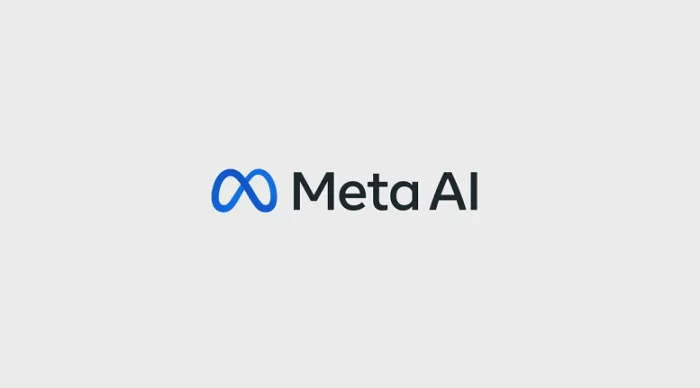As Meta continues to expand its push into AI in its apps, it is also taking steps to position itself as a leader in the broader AI space by announcing that it will open-source its latest Llama AI models to foster greater development and collaboration.
Meta is The Llama 3.1 40B and Llama 3.1 70B models enable developers to build their own AI systems based on Meta’s learnings, meaning developers no longer need to build their own front-end systems because Meta’s Llama models are already trained with billions of parameters to translate text queries.

As these examples show, Meta’s Llama system can be used to build a variety of AI applications, but more specifically, through open sourcing, Meta is enabling third-party developers to use their own data and build their own systems based on its tools.
Meta CEO Mark Zuckerberg made the announcement on his Facebook page in a 2,300-word summary outlining why he believes an open source AI model is the best path forward for Meta and for technology.
Zuckerberg explained:
“Now you can take the most advanced Llama model and continue training it using your own data, narrowing it down to an optimally sized model, all without us or anyone else seeing your data. We want to invest in an ecosystem that will be the standard for the long term. Many people recognize that open source is progressing at a faster pace than closed models, and we want to build our systems on architectures that will give us the greatest long-term benefit.”
Zuckerberg believes that making AI models more widely accessible will ensure more transparent, sustainable, and scalable AI projects.
Oh, and a side note: Zuckerberg still hates Apple. In case you were wondering:
“One of my formative experiences has been building services while being constrained by what Apple allows us to build on their platform. With the way they tax developers, the arbitrary rules they enforce, and all the product innovation they block from shipping, it’s clear that Meta, and many other companies, could build much better services for people if they were able to build the best version of their products and our competitors weren’t able to limit what we could build. On a philosophical level, this is a key reason why I believe so strongly in building an open ecosystem of AI and AR/VR for the next generation of computing.“
So Zuckerberg’s opposition to Apple is a key motivator for the development of open source systems at Meta, so I don’t think Apple’s strict rules are necessarily a bad thing in that they lead to other innovations at other companies.
It’s a longwinded explanation, but…
Zuckerberg also noted that Meta is working with a range of major tech companies, including Amazon, Databricks, Nvidia and others, to expand its AI ecosystem.
It’s an interesting approach, and one that builds on Meta’s long-term view of AI technology, where today’s chatbot-style tools are more of a precursor to, rather than an end goal in themselves.
This is an important way to frame Meta’s AI tools. Sure, the new Meta AI prompt at the top of each app will be annoying to some, and there aren’t many uses for it right now. But for new Facebook or IG users logging in for the first time, it’s probably a much more important factor, and as these users grow, they’ll become the target market for Meta’s larger metaverse vision, in which AI will play a key role in facilitating the creation of VR worlds.
It’s a revolutionary AI application. Imagine putting on a Quest headset and bringing your dream scenario into life by simply talking about it: “I want to experience life as a pirate on the seven seas,” “I want to feel like I’m in a fighter plane during World War I,” or “I want to stand on stage and perform in front of thousands of fans.”
If Meta can develop an AI system that can make such scenarios a achievable, experiential reality, it could be a major bridge to the next phase of the metaverse push.
And future generations will never know a world where such creation is impossible by mere command.
And no one else can do this. No other company is in a position to compete with Meta in this space, which is another reason why open sourcing the system is not a big risk for the company. Open sourcing will only make Meta’s AI ecosystem more diverse and relevant to the broader market. And ultimately, as the Metaverse becomes a reality, more creators will return to Meta’s apps to realize their visions.
This is another long-term bet that won’t pay off immediately, but Meta is making important moves to establish the foundation for its next phase.

